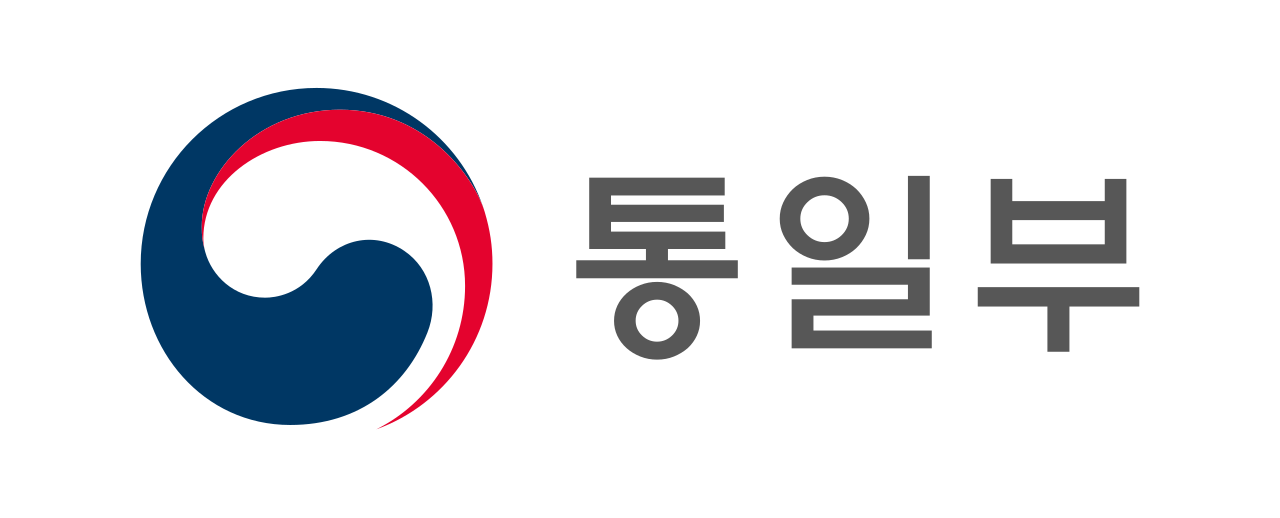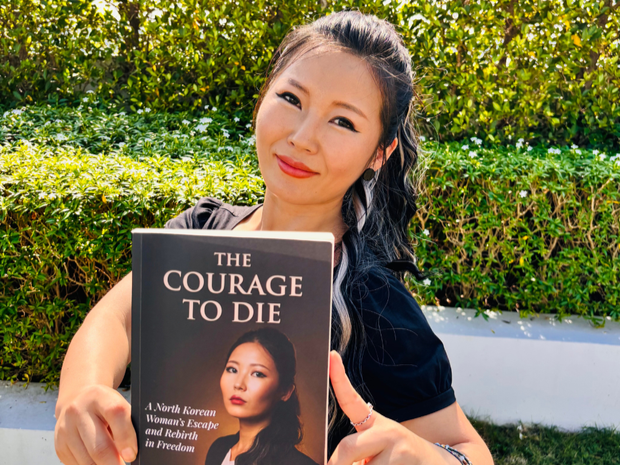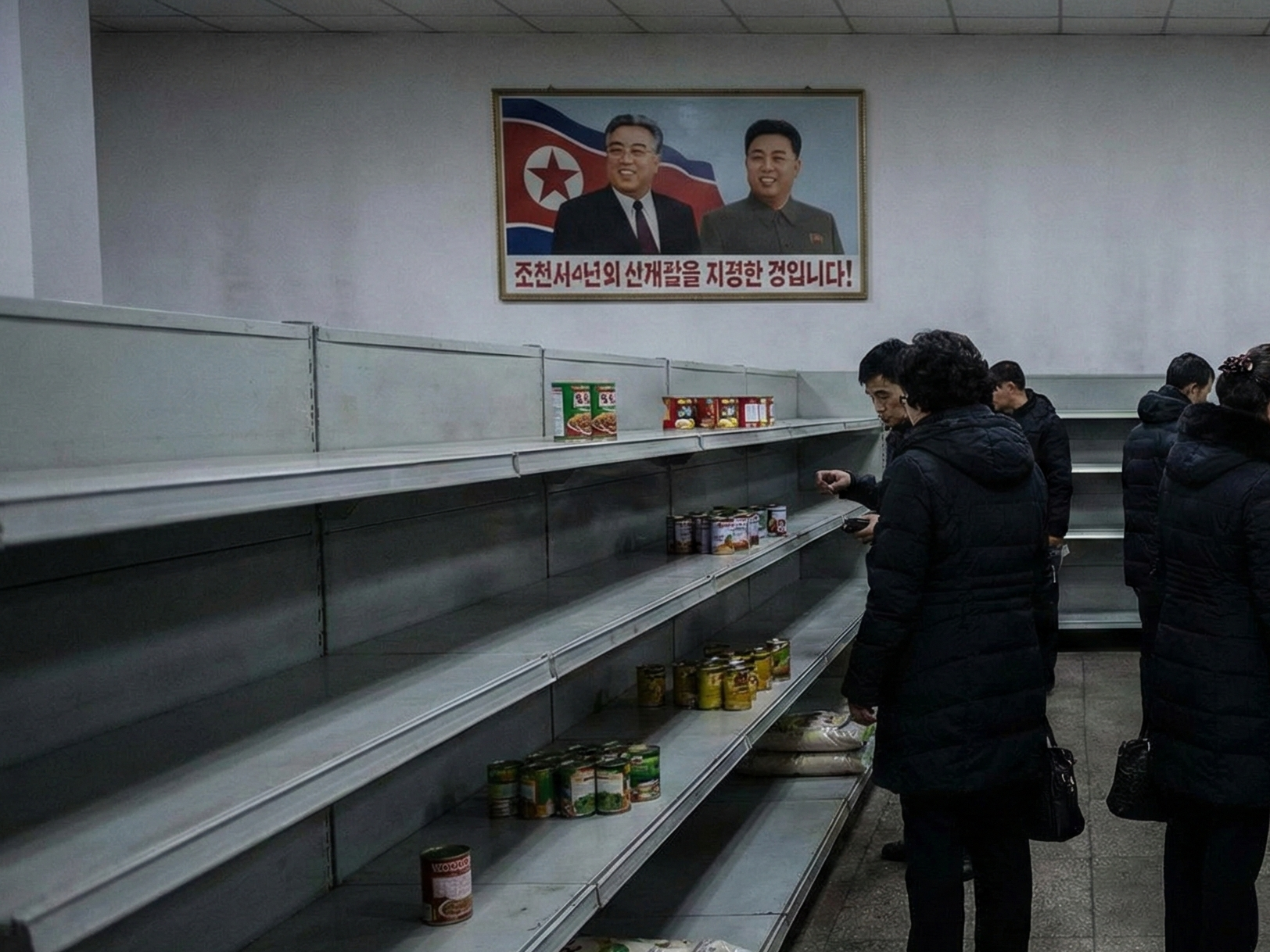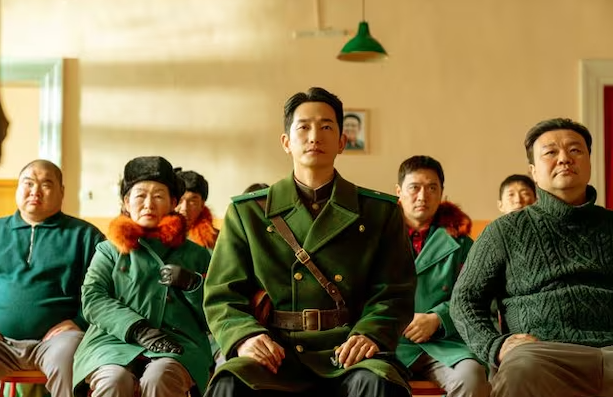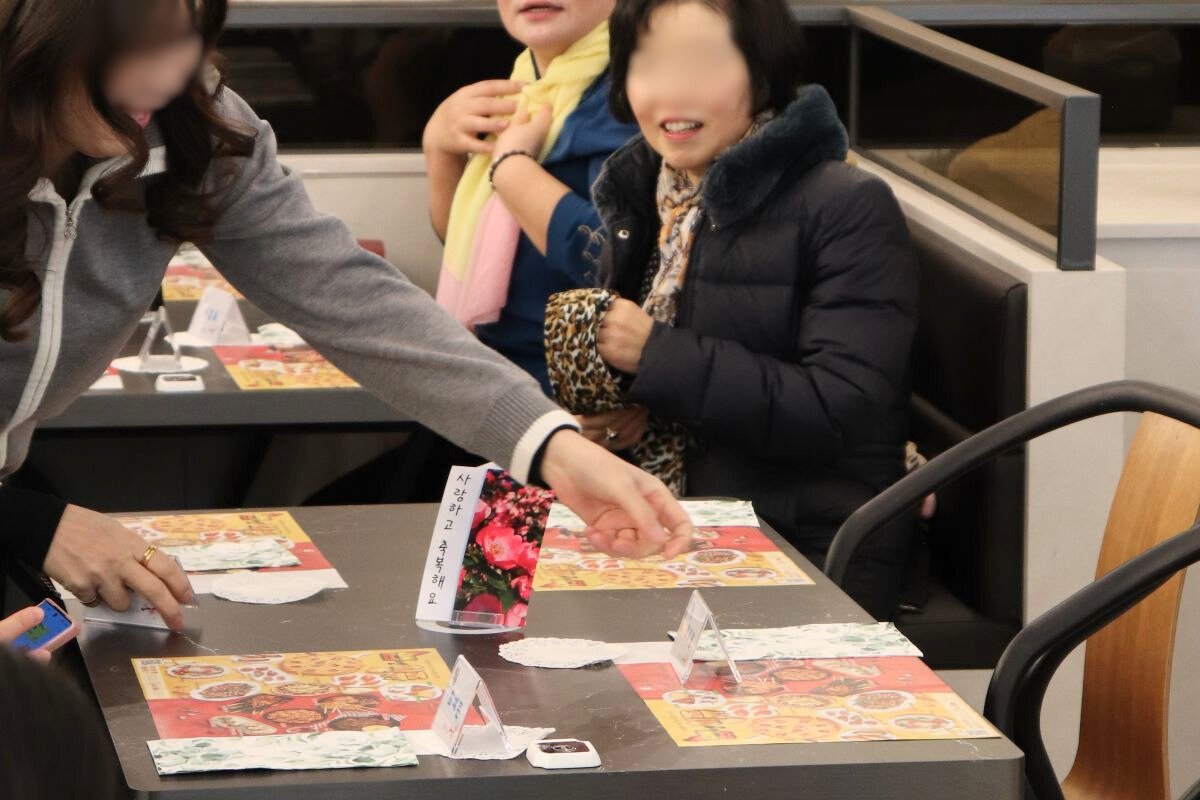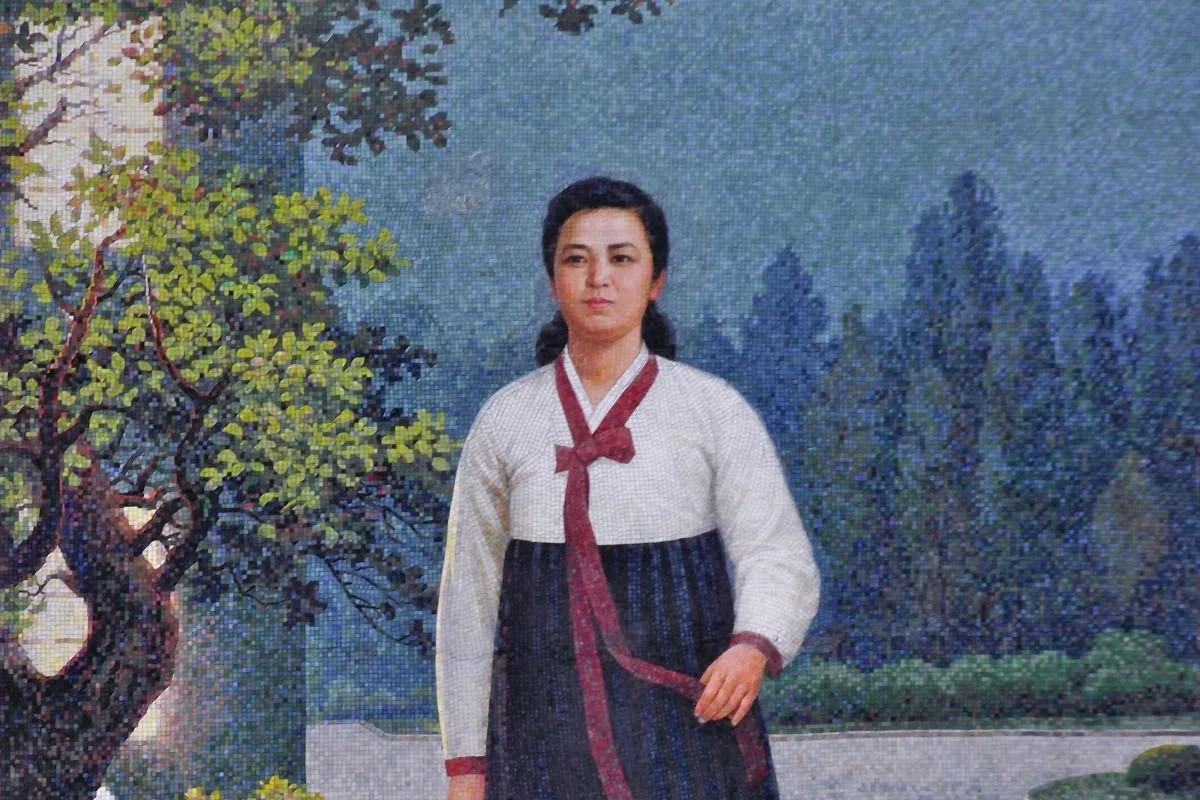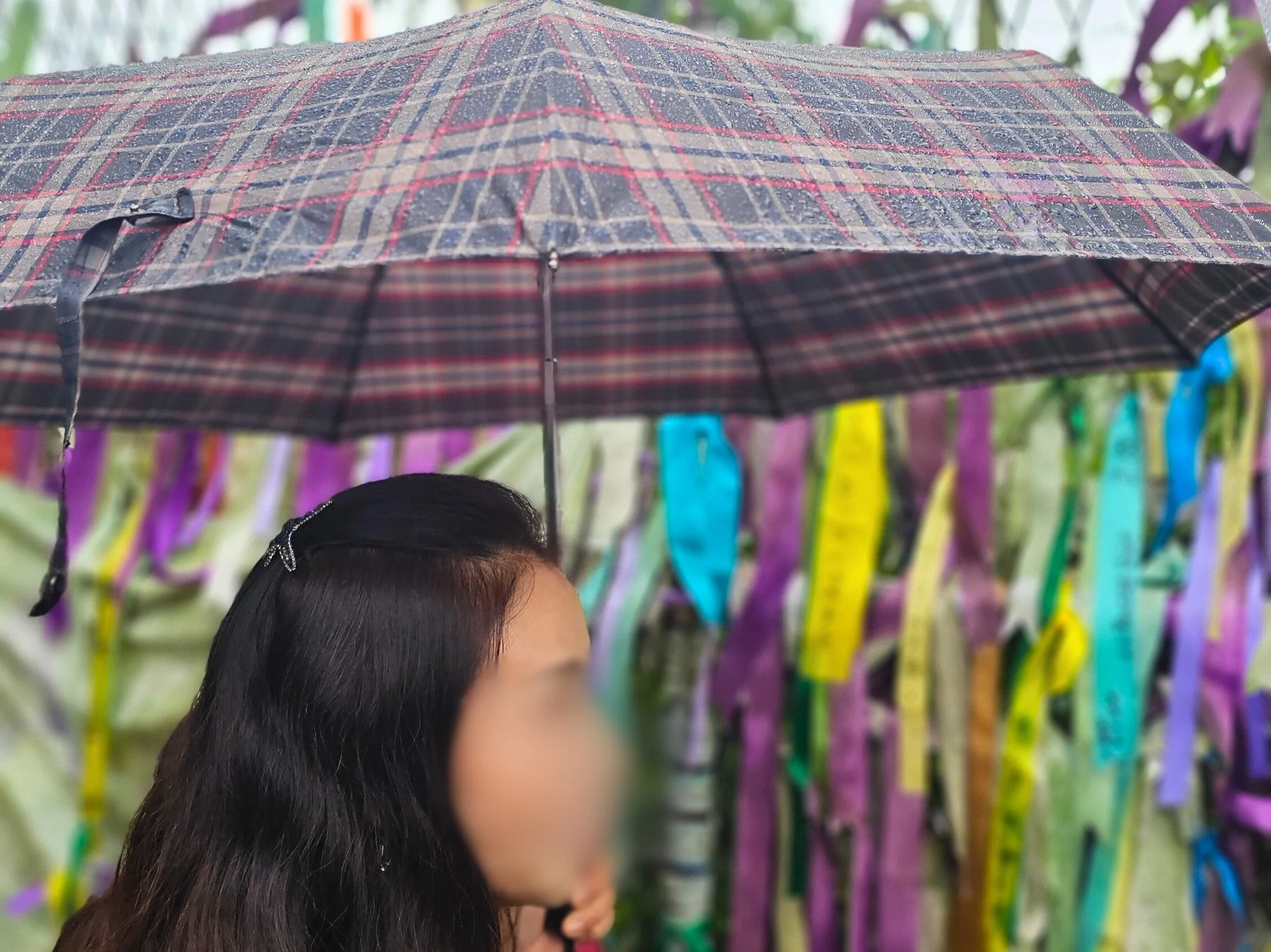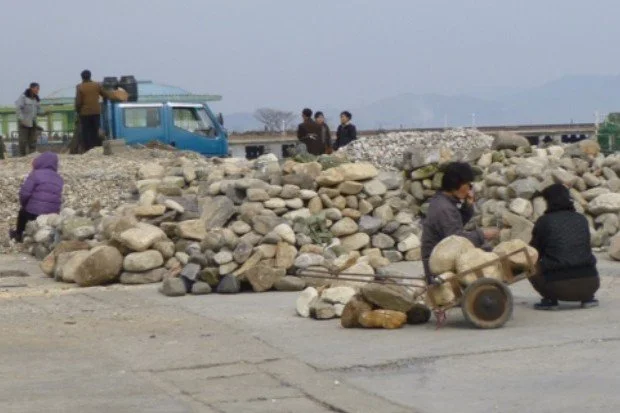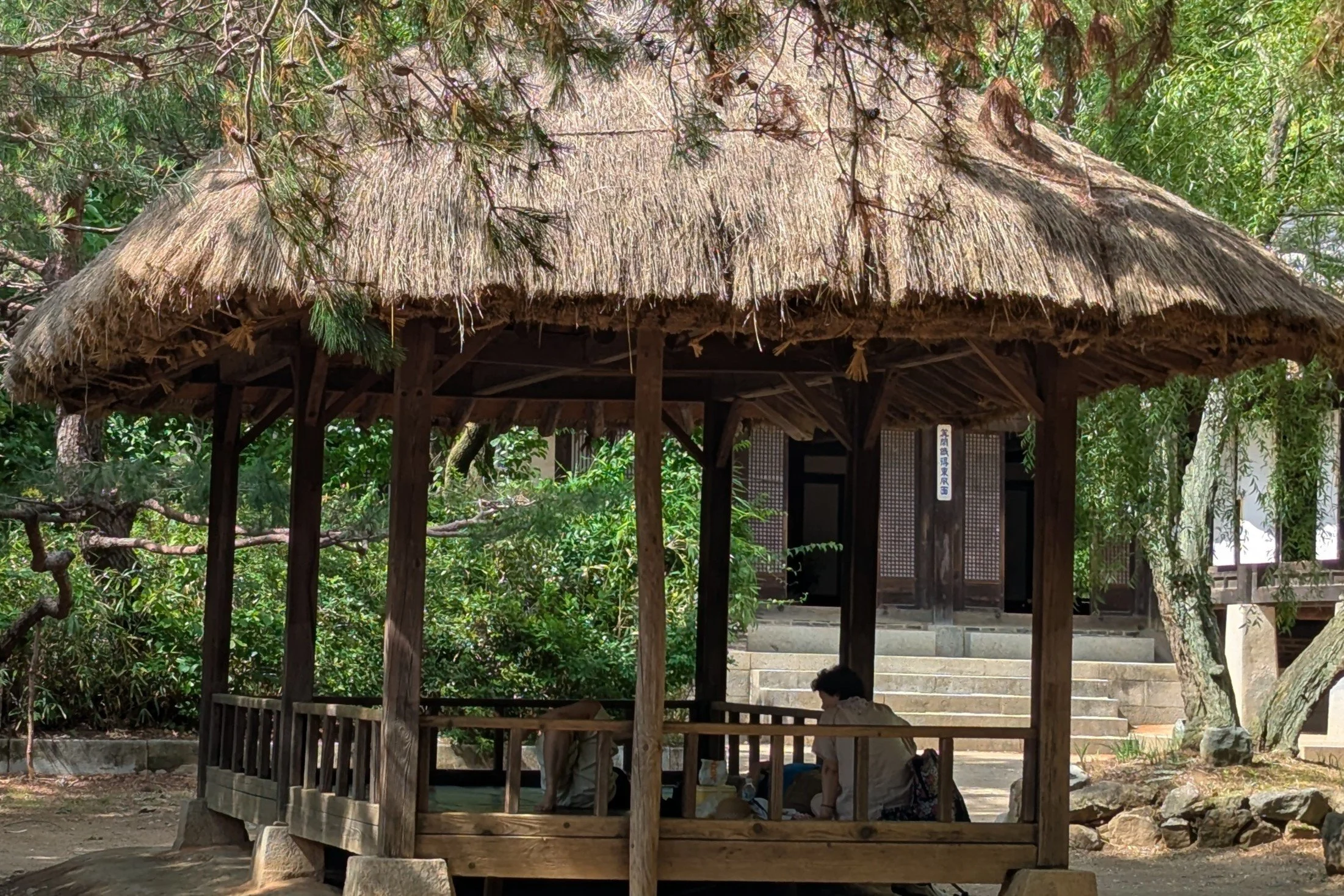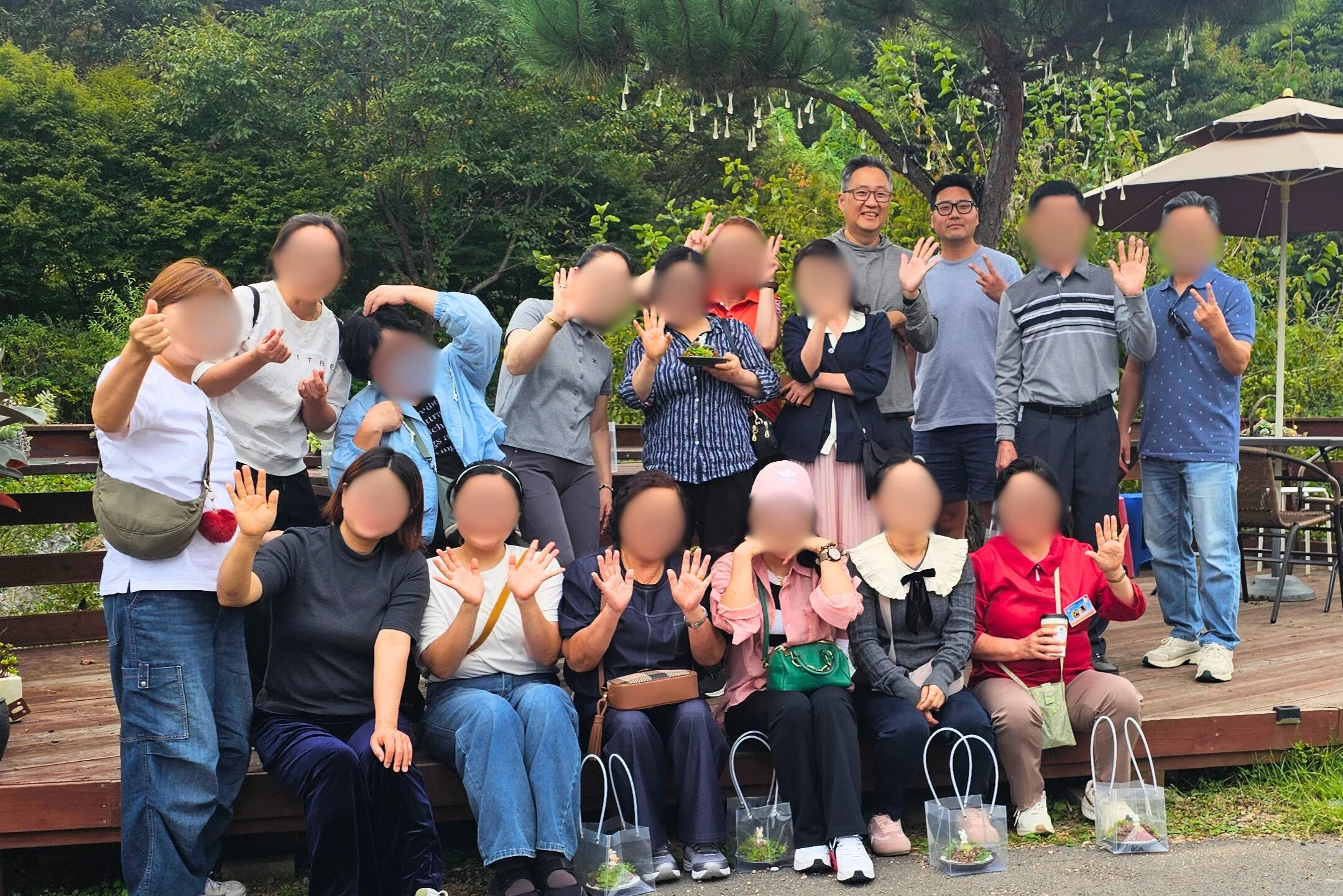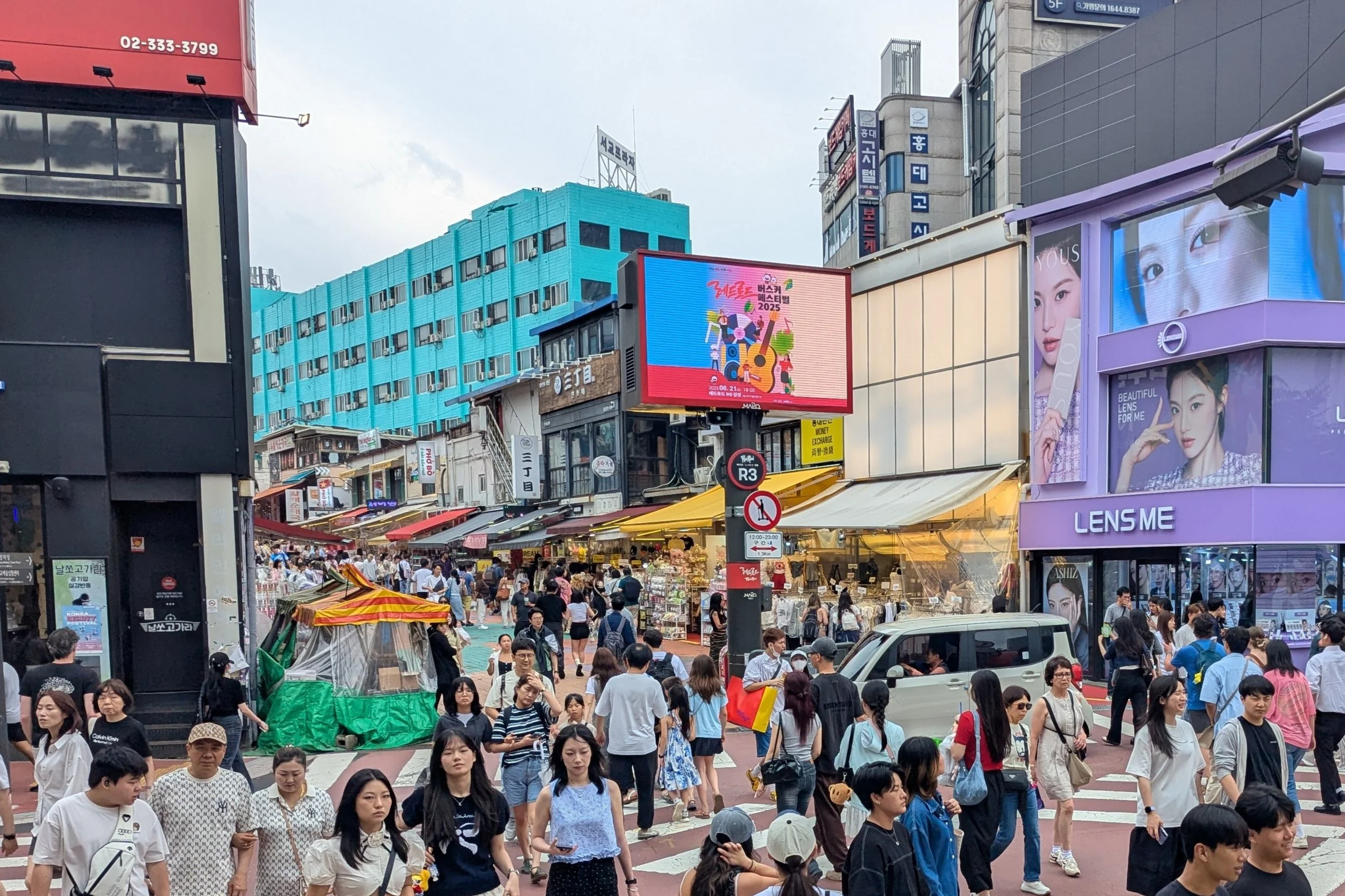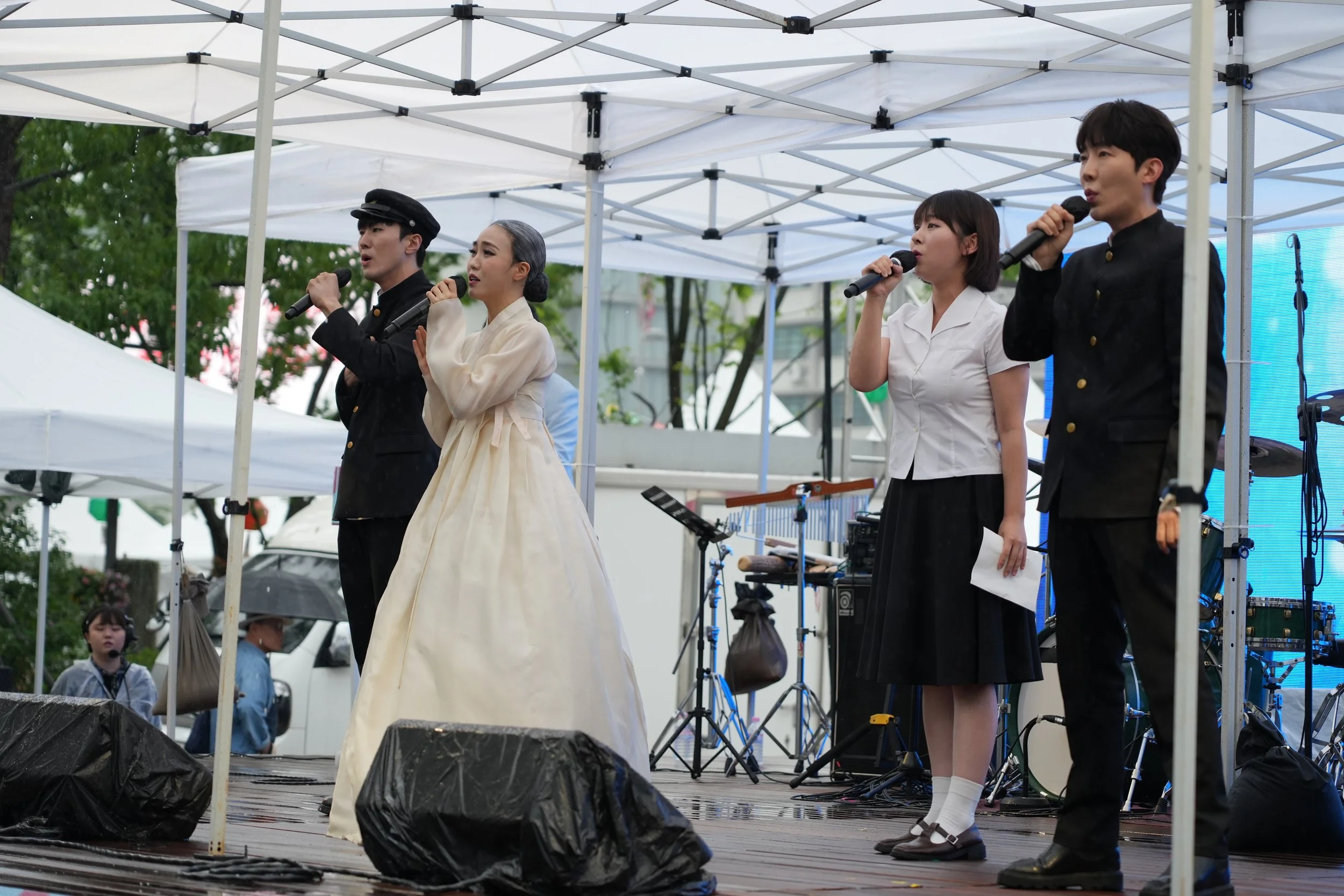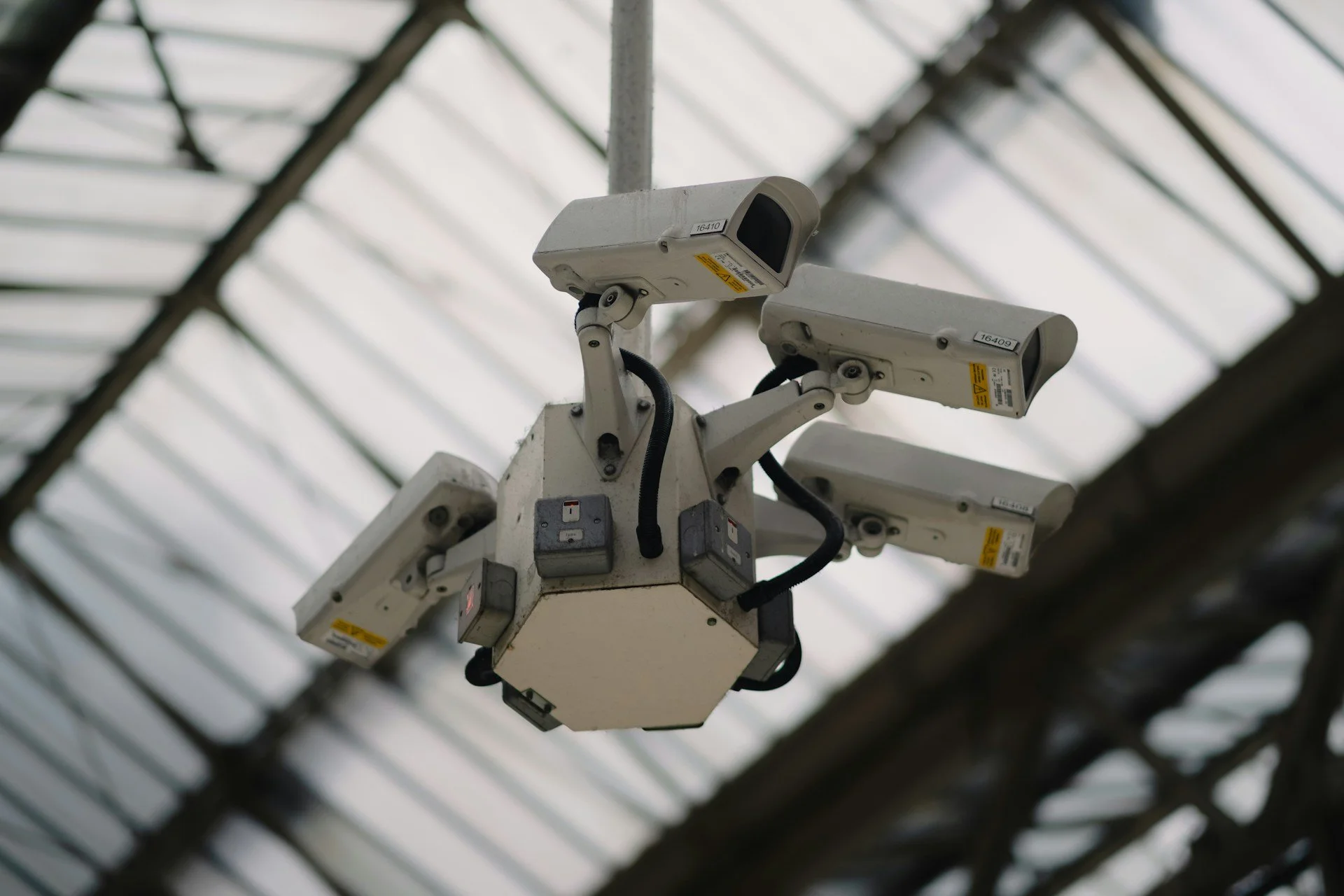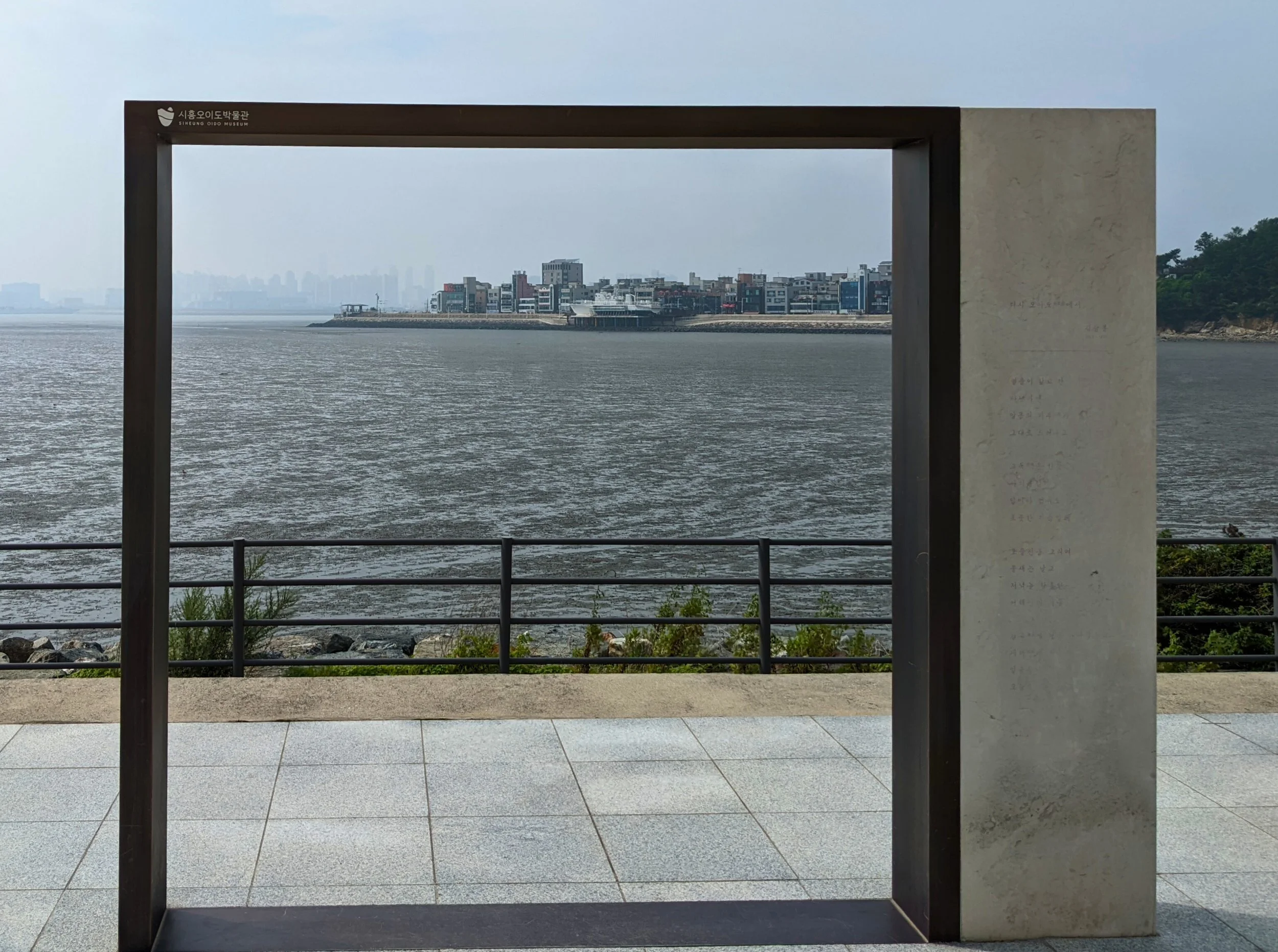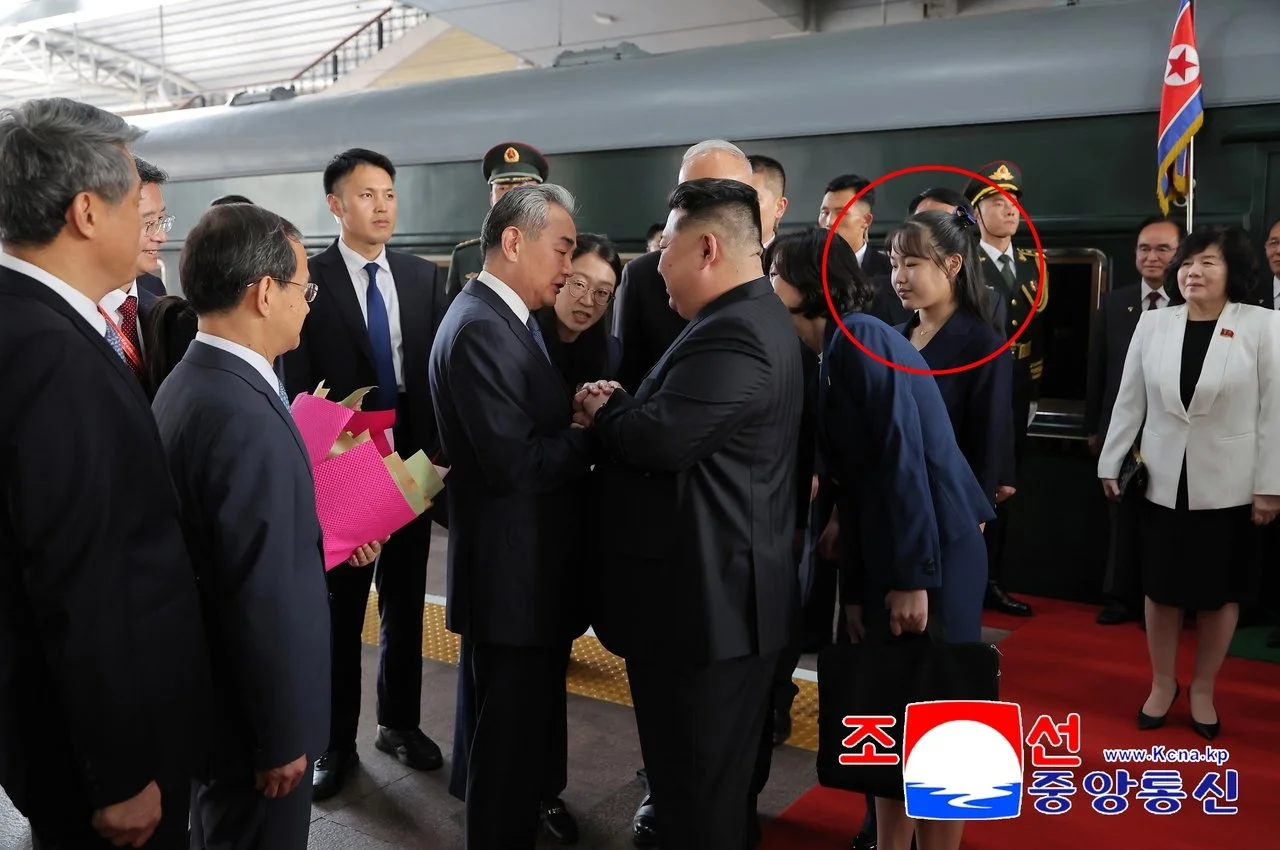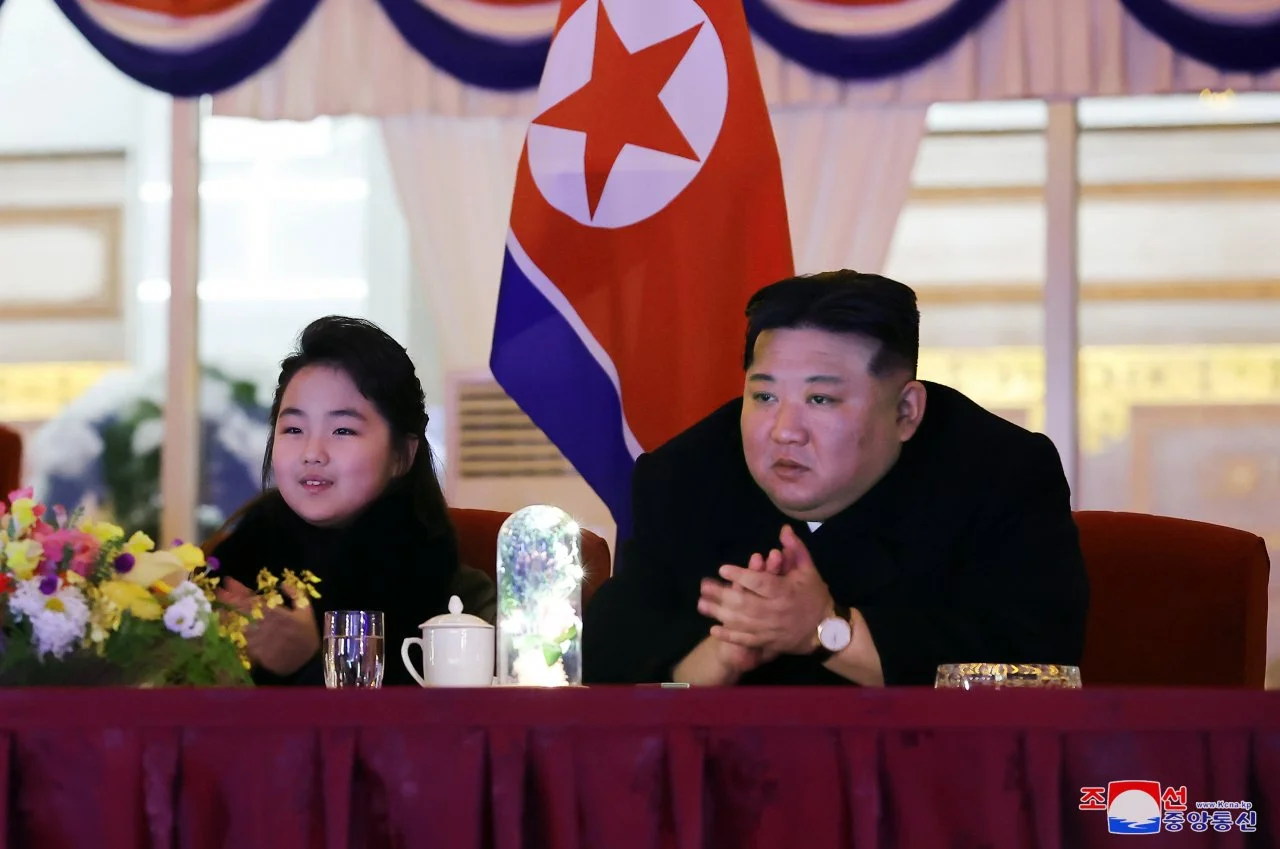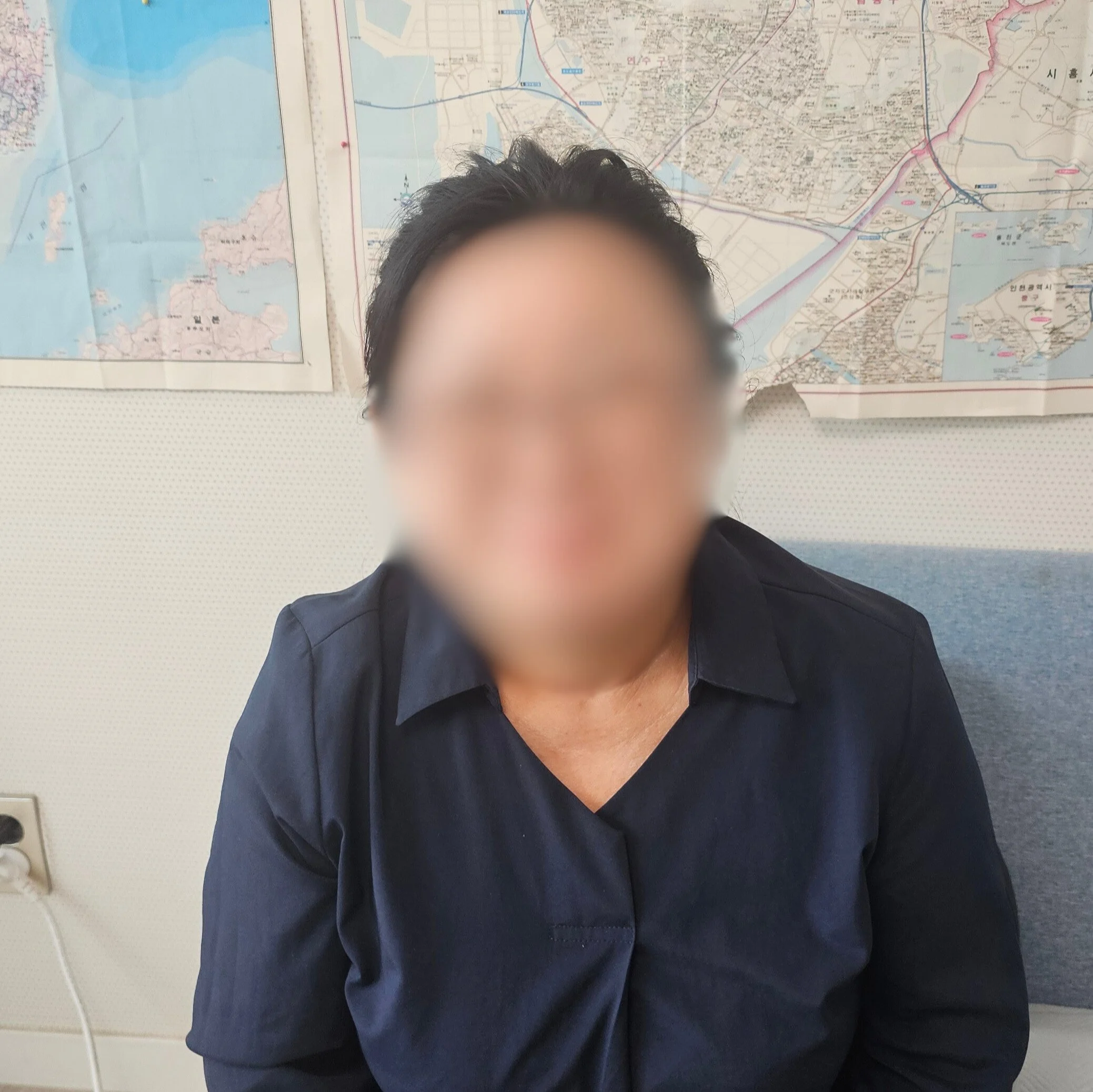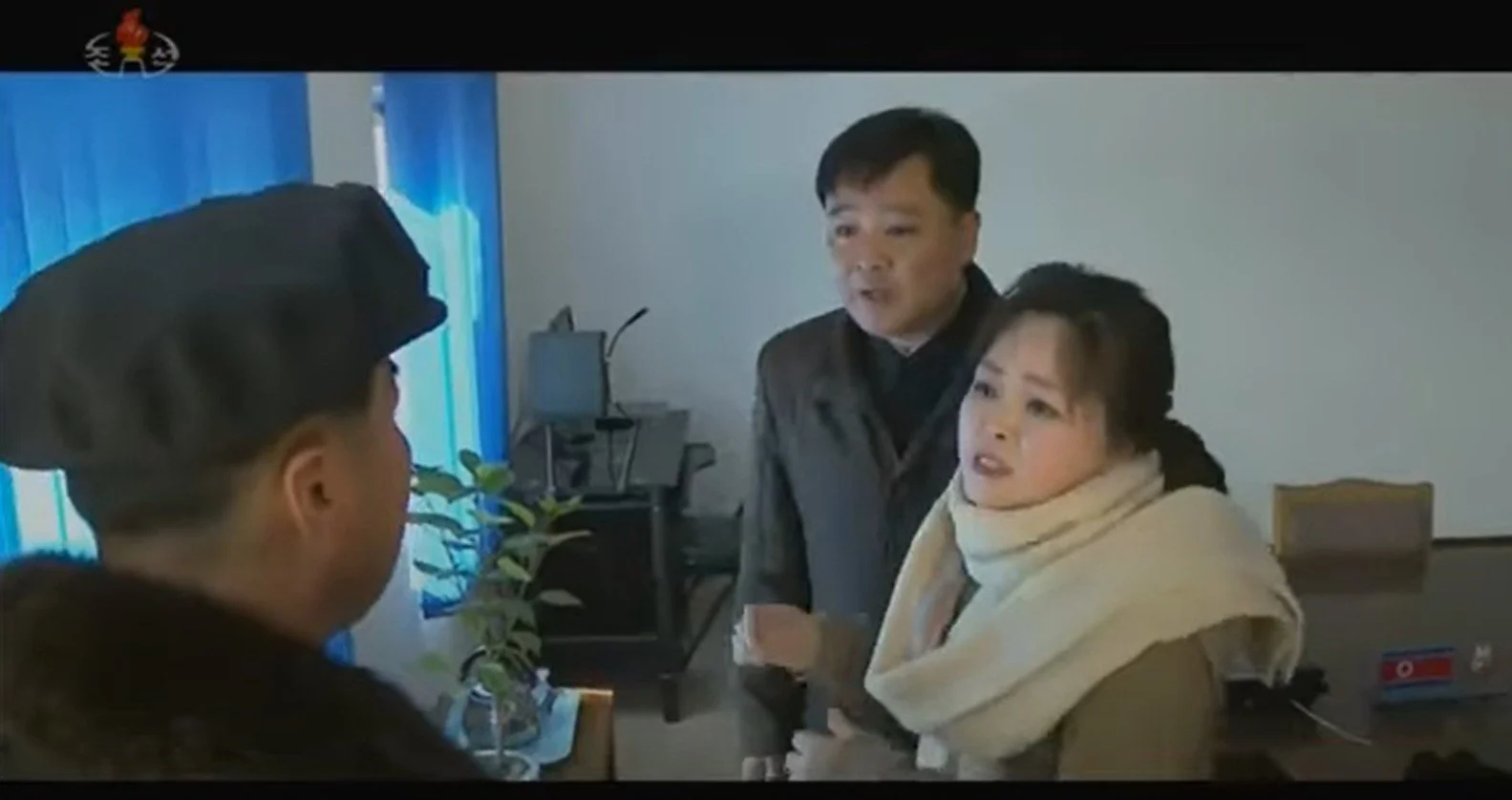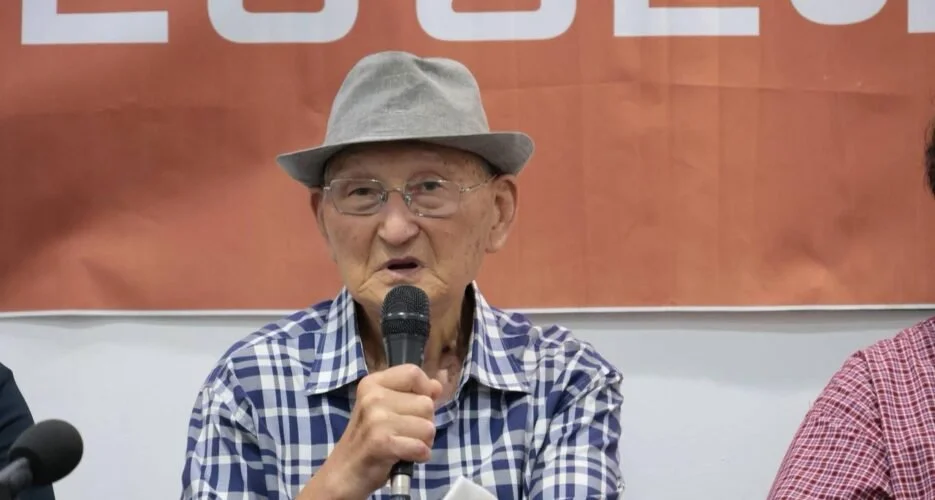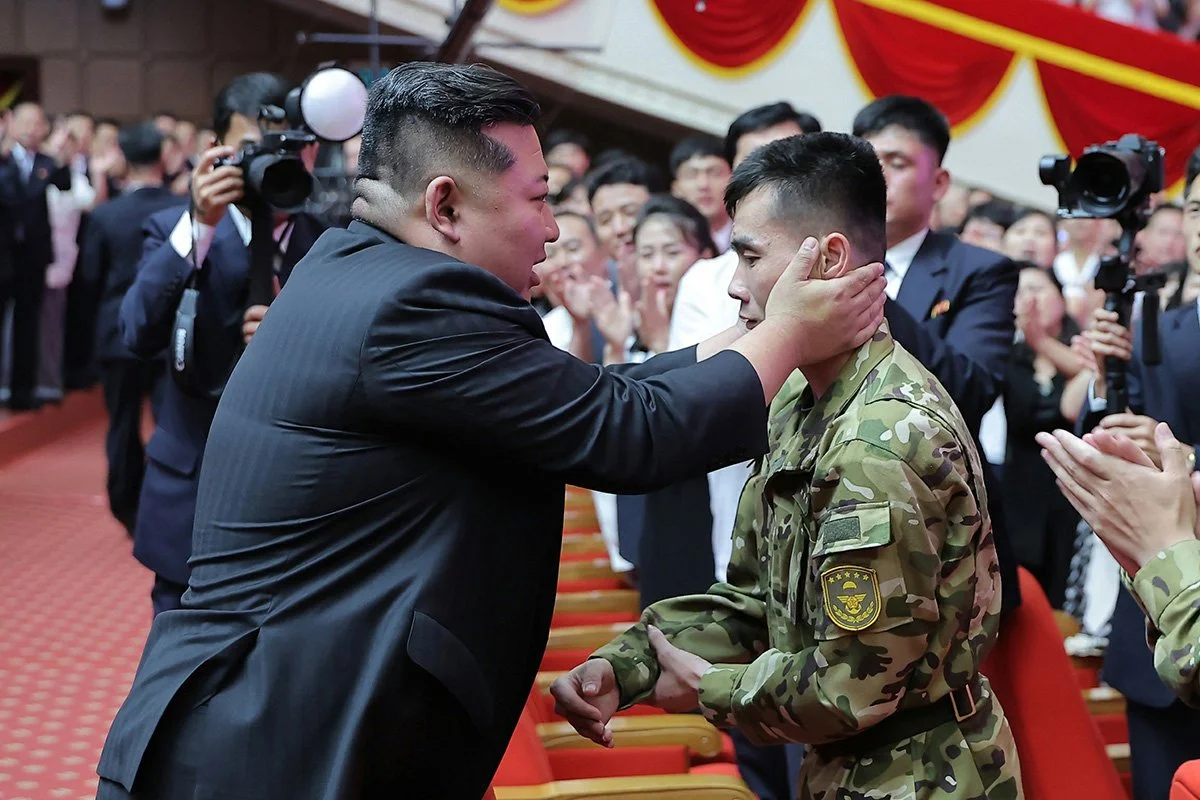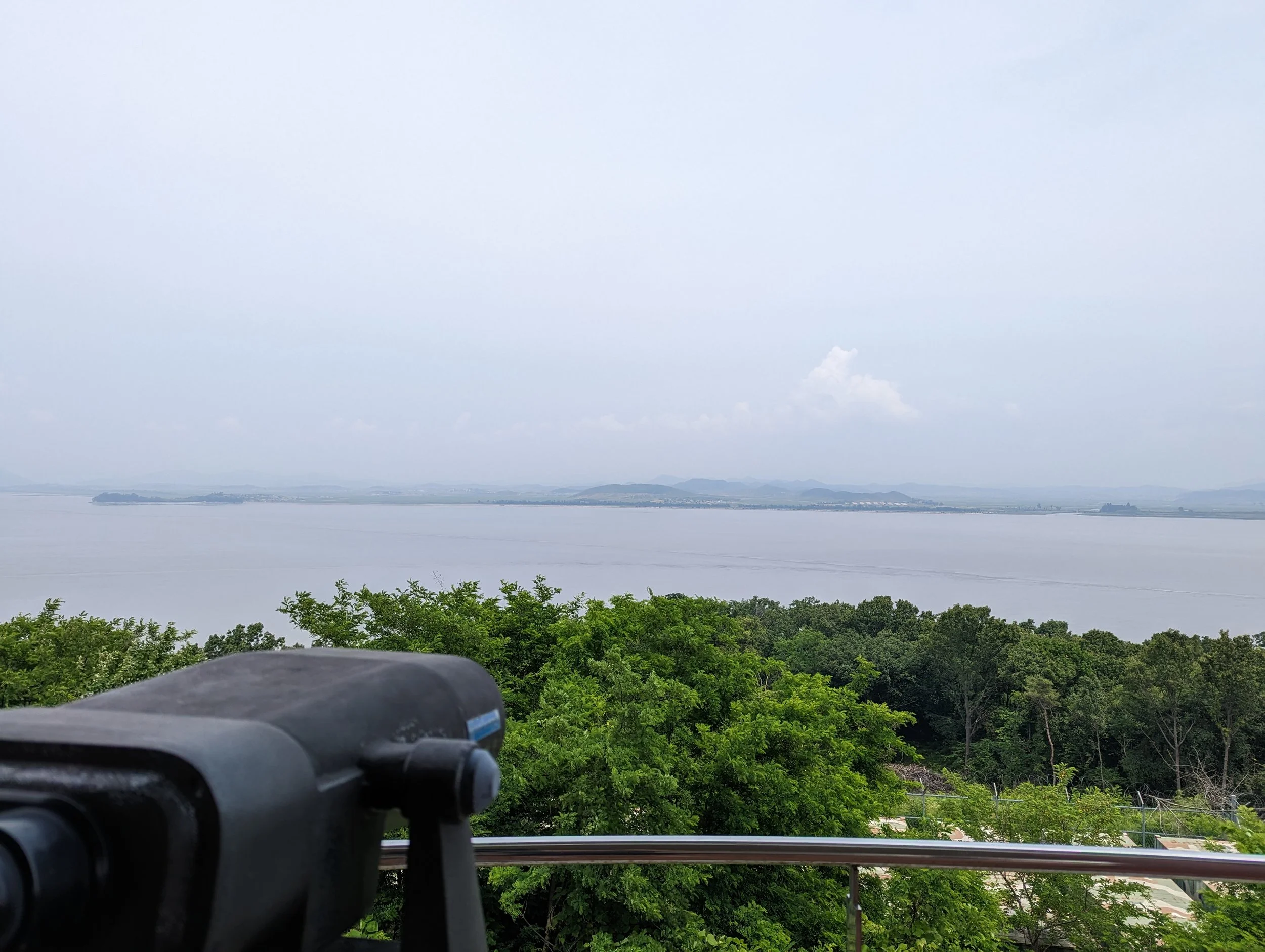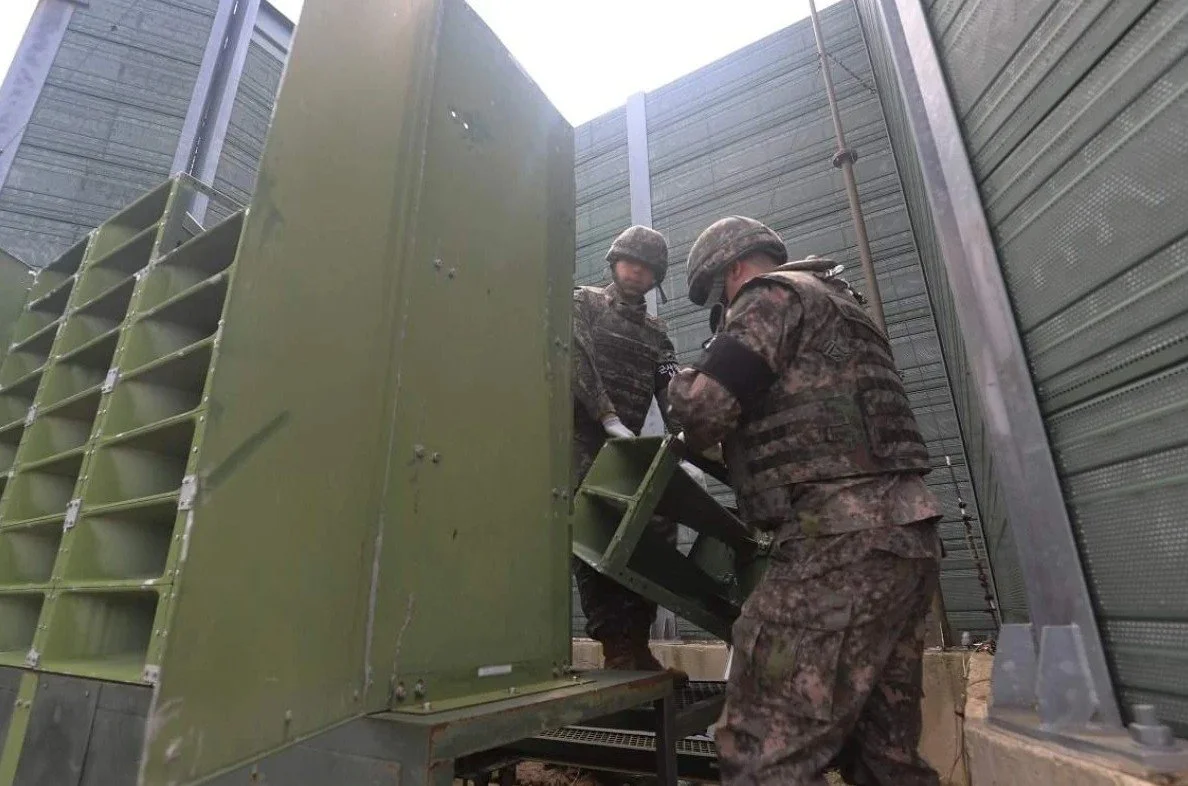In May 2025, 62 Chinese students arrived in Pyongyang to begin their studies at North Korean universities. Their arrival marked only the second intake of Chinese students since North Korea sealed its borders during the Covid-19 pandemic.
Within this tightly managed reopening, a rare firsthand perspective emerged from a Chinese college student studying in Pyongyang, who documented her daily life on Douyin (China’s TikTok). Operating this account under the name “Keshi,” this self-funded student reportedly paid around $3,000 USD per year in tuition. Her channel offers one of the clearest glimpses into how foreign students live inside North Korea. Unlike western correspondents, barred from reporting freely inside the DPRK, her videos captured classrooms, dormitories and unsupervised outings rarely seen on camera.
LIFE INSIDE THE BUBBLE
What makes Keshi’s videos particularly striking is how ordinary daily life appears in North Korea. In a video posted in early December 2025, she documented the first snowfall in Pyongyang, showing young people shoving snow at one another and engaging in snowball fights – scenes nearly indistinguishable from first-snow rituals in Seoul. The soundtrack used is even more disarming. Playing in the background is “The First Snow” by South Korean boy band, EXO, a song now commonly used in Instagram Reels and TikTok videos to mark the season’s first snowfall, lending the scene a sense of viral familiarity that feels worlds away from expectations of cultural isolation.
Across more than 40 vlogs, Keshi filmed a steady rhythm of daily life that feels strikingly global. She hopped into taxis – one driver even casually streamed the 2015 Chinese historical drama “Nirvana in Fire” during the ride – and filmed herself heading to bowling centers, badminton courts and ice-skating rinks. Her footage showed local crowds lining up, chatting and playing, suggesting spaces that function beyond curated performances for outsiders. Foreigners, however, enjoy unmistakable privileges. She noted that she could skip queues and enter facilities immediately whenever her foreigner identity was made known.
Keshi’s camera wandered into cyber cafes equipped with kiosk systems to reserve seats and stocked with an unexpectedly extensive lineup of western video games, including Call of Duty, DOTA 2, FIFA 11 and Counter Strike 2, among others. Shopping malls, restaurants and cafes appeared no less familiar. She filmed outlets selling Häagen-Dazs ice-cream, Subway sandwiches, Prada products and even the globally popular plush toy, Labubu. In these moments, Pyongyang appeared uncannily like any other consumer city.
Meanwhile, street-level footage revealed steady traffic, including imported luxury vehicles. Clean streets, new residential towers and carefully planned infrastructure also gave parts of Pyongyang the feel of East Asian free economic zones, drawing comparisons to Songdo in Incheon more than to the crumbling cityscapes often imagined abroad. Further, unlike tightly controlled tourist itineraries, Keshi appeared able to vlog casually while walking through the city, echoing earlier accounts of Chinese businessmen moving freely in Rason. Although foreigners frequently pay in U.S. dollars., she showed trips to local markets and rides on public transportation using North Korean won, exchanging currency and navigating spaces usually hidden from visitors.
On campus, Keshi noted the presence of other international students, including Russians, and described classes taught in Korean, Chinese and English, covering subjects like Juche ideology, North Korean and world history, theater studies, economics and linguistics. Dormitories appeared modern, with shared but spacious rooms equipped with elevators and heating, costing about $11 USD per night. She also showed local North Korean classmates dropping by to play guitar and socialize. In addition, the timing of her uploads, closely aligned with seasonal events, suggests near real time posting and indicates that as a foreign student she has access to external networks beyond the domestic intranet within university grounds. She further documented how her university managed holidays, arranging flights and visas centrally, with students required only to pay the cost ($221 USD in January 2025 for airfare to China and visa processing).
MISINFORMATION BY OMISSION
On Chinese social media, videos displaying life in North Korea have been widely interpreted as evidence that life in North Korea is misunderstood, even unfairly maligned, by western media. In the comments beneath Keshi’s videos, viewers often described the channel as their only window into contemporary North Korea. Some Chinese vloggers even argued that North Koreans can travel freely and that poverty, rather than politics, is the main constraint. While factually true in exceptional cases, this framing is misleading, as travel abroad for North Koreans requires extensive political vetting and is restricted to diplomats, trusted traders and officials. Financial means alone are not sufficient.
Foreign students certainly are not representative of ordinary citizens, not even the privileged group living in Pyongyang. Therefore, though foreigners’ cameras capture authenticity and their experiences are real, they are only revealing life in North Korea within permitted boundaries and are thus not generalizable.
While Keshi’s vlogs offer an enticing look at life in Pyongyang, it’s vital to remember that her "normal" is a carefully maintained exception. For a handful of foreign students, North Korea looks like a playground of lattes, luxury brands, and snowball fights. But for the 25 million people living outside that bubble, the reality is a landscape of total state surveillance and forced silence. While a camera can capture genuine smiles at a bowling alley, it remains blind to the prison camps and systemic hunger that exist just out of frame. While we can appreciate this rare glimpse into a hidden world, we shouldn't mistake a polished stage for the real lives of the people living behind the curtain.


